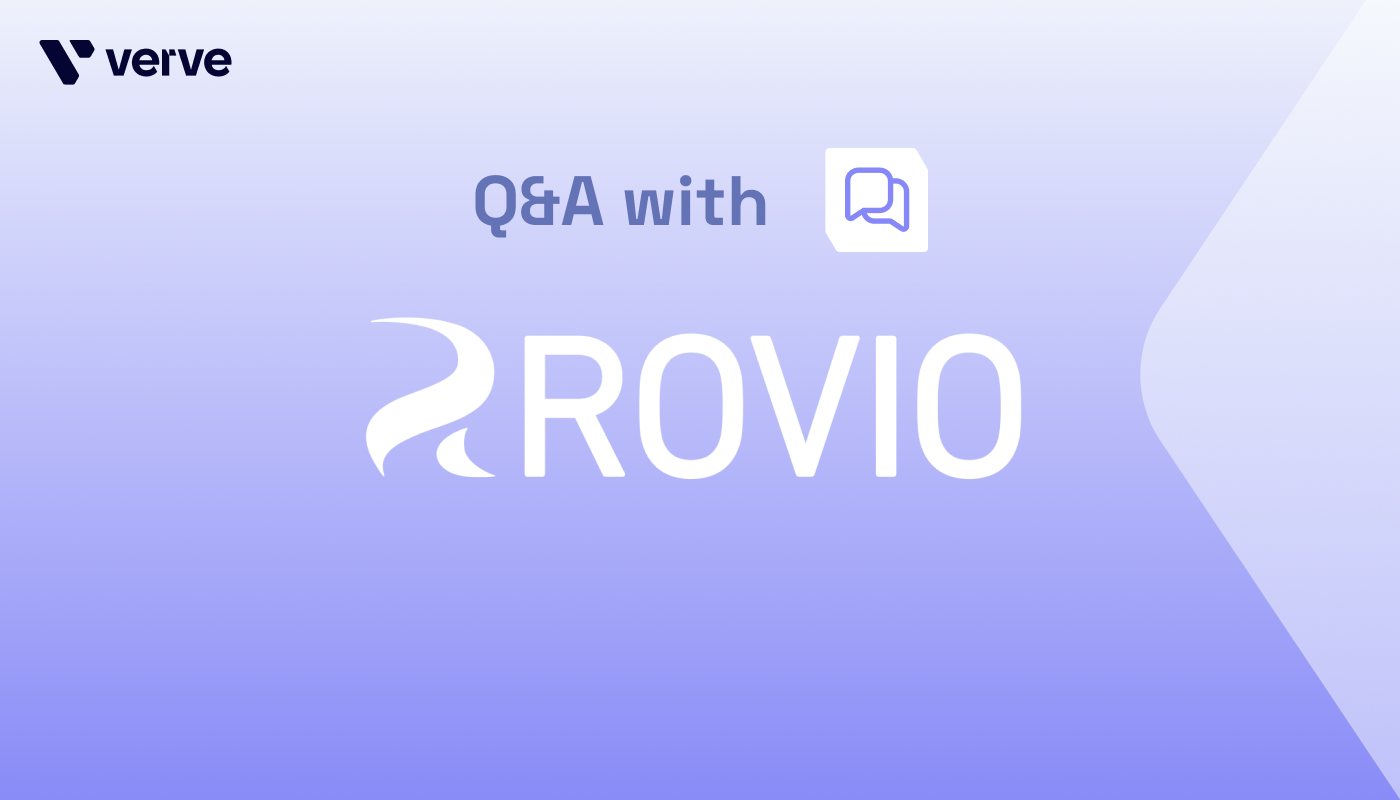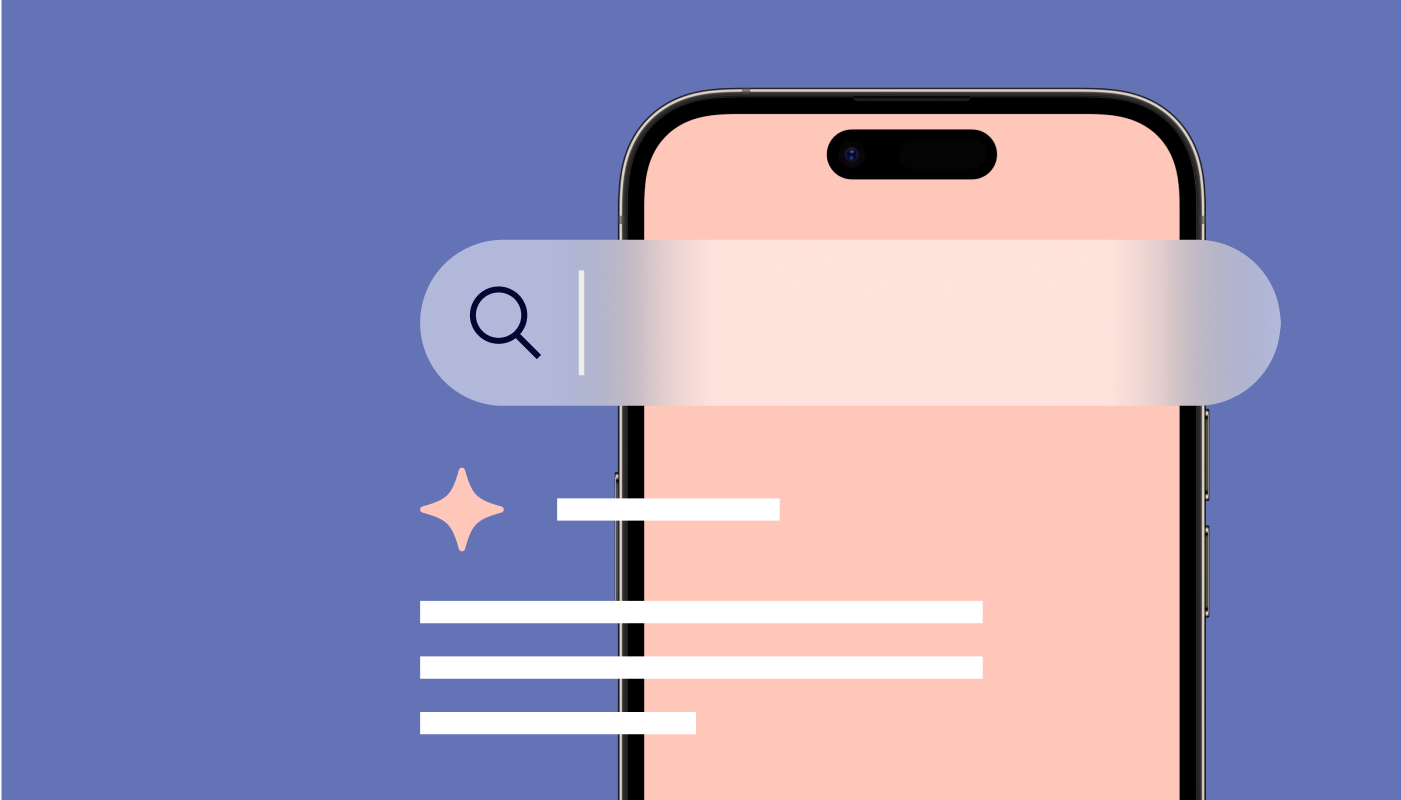Users around the globe downloaded 136 billion apps last year, spending a total of 4.2 trillion hours in those apps. With so many apps and such intense competition for attention, app developers face an uphill battle in generating real profits — and that’s without the added burden of futureproofing apps in a mobile ecosystem that’s shifting to emphasize end user privacy with iOS spearheading App Tracking Transparency (ATT).
All these factors have complicated app monetization for app developers and studios. Many developers choose to monetize their apps through methods including pay-per-download, in-app purchases, subscriptions, and in-app advertising — with the latter being the most popular and impactful strategy in today’s mobile ecosystem.
The actual process of app monetization, however, can be overwhelming for many developers as they navigate an extremely complex ad monetization landscape and consider adopting techniques and technology that fit their revenue KPIs. So what are the main challenges that come with app monetization, and how can these challenges be overcome?
Editor’s note: Updated January 2025 with the most recents statistics available.
Not enough demand sources
Often publishers struggle with the lack of diversified demand sources, not having connections with a good mix of brand and performance advertisers to purchase their inventory. Developers choosing just one monetization partner are relying on just a few demand sources, which will hinder their opportunities to access demand on a more global scale. Working with more than one monetization partner for different apps can be beneficial in driving better performance for certain app verticals or for particular geographies.
Additionally, publishers should partner with a credible SSP or ad exchange that supports private marketplace (PMP) deals to achieve higher eCPMs and stronger relationships with buyers.
For publishers experimenting with mediation, it’s important to add monetization partners that provide the flexibility to work with multiple mediation or in-app bidding platforms and support multiple integration methods, with an SDK as a core offering.
Poor ad quality
While ads are the most popular strategy for app monetization, they aren’t a foolproof way to generate revenue. Some developers fail to consider the quality of ads that they allow within their apps, resulting in poor ad creatives that severely degrade the user experience. In order to safeguard inventory, publishers need to ensure that automated and manual checks are in place for detecting fraudulent and undesirable ads.
In addition, publishers should carefully consider the tradeoffs between the monetization potential of the ad format and the experience it could deliver within the app. As a general rule of thumb, high-impact ad formats such as interstitials and rewarded video work best for engaging users within the in-app context.
For example, at Verve, our dedicated in-house ad quality team helps publishers ensure positive user experiences with high-tech and hands-on processes to weed out irrelevant ads or invalid traffic. Those processes include: manually curating every ad placement during onboarding, whitelisting new supply partners, and using proprietary algorithms to detect fraud in real time before bidding. We also partner with Pixalate and Human to verify legitimate traffic, and work with GeoEdge to detect malware. We hold all publishers and advertisers to rigorous content guidelines to ensure quality.
Fraudulent SDKs
Within the mobile ecosystem today, there are a considerable amount of fraudulent SDKs, which can damage a publisher’s reputation and violate user privacy. To combat this, it’s necessary to carry out thorough checks before implementing a partner’s SDK, as well as ensuring the SDK is lightweight and robust enough so the user experience is not compromised. Publishers can examine the SDK footprint of a partner and check how the SDK safeguards user privacy.
In our mission to promote growth and transparency, Verve’s HyBid SDK is built on an open-source core. Open-source SDKs are key for ensuring that an SDK is secure. By making the code publicly available, the SDK is open for audits by security companies or others monitoring consumer data protection.
Privacy challenges
With the new realities of our privacy-first digital ecosystem, including the enforcement of privacy manifests, mobile app publishers are facing challenges around future-proofing their apps with privacy safeguards. To combat the impact on revenues by user opt-in rates, app owners should experiment with SDK partners offering on-device monetization solutions that don’t require any form of identifier or PII.
On-device audiences can ensure that user addressability is maintained and their inventory appeals to advertisers — brand and performance alike. Verve has an on-device audience monetization technology for publishers called Anonymized Targeting on Mobile, or ATOM. ATOM 3.0 solves for addressability with privacy-first technology that does not require any persistent device identifiers — still allows publishers to monitor app usage patterns anonymously. Even better, ATOM 3.0 enriches the ad requests of the ad SDK of the app with relevant cohorts.
To learn about how Verve can help you monetize your apps effectively and with dedicated support, get in touch — we’d be happy to help.








